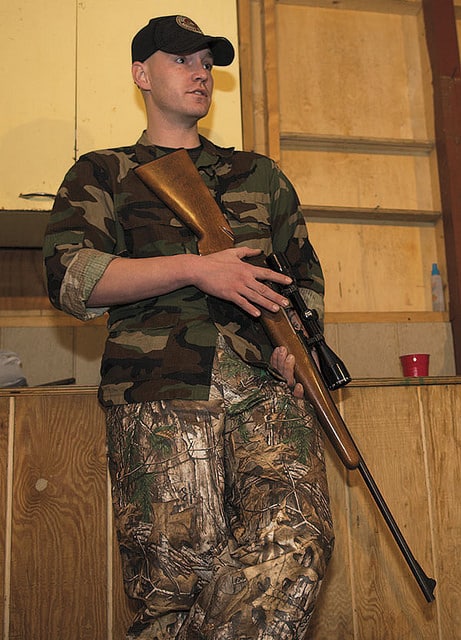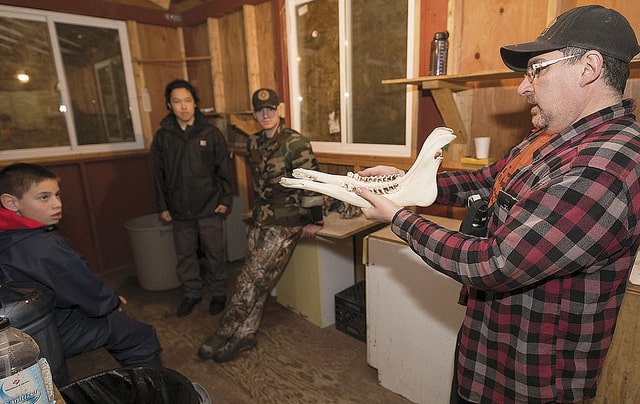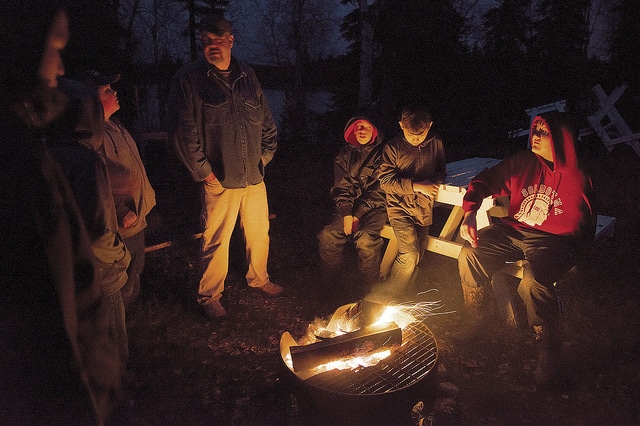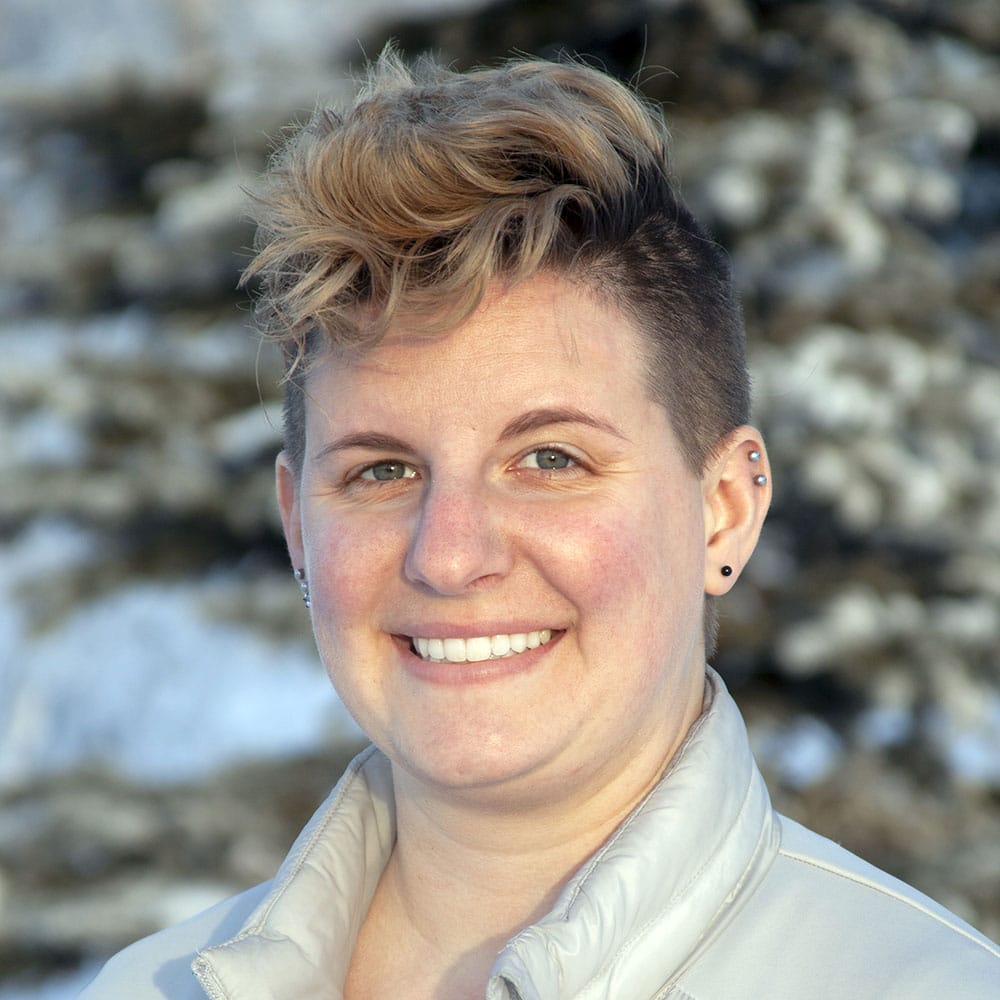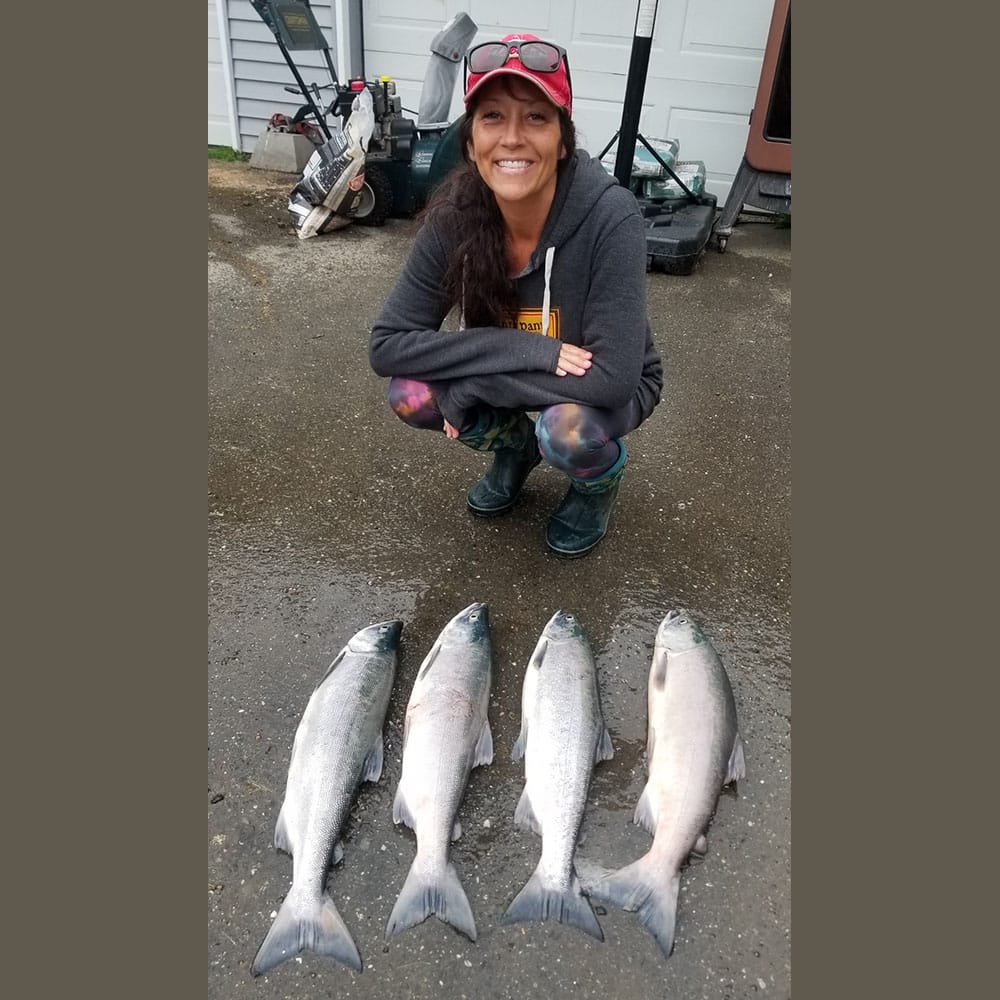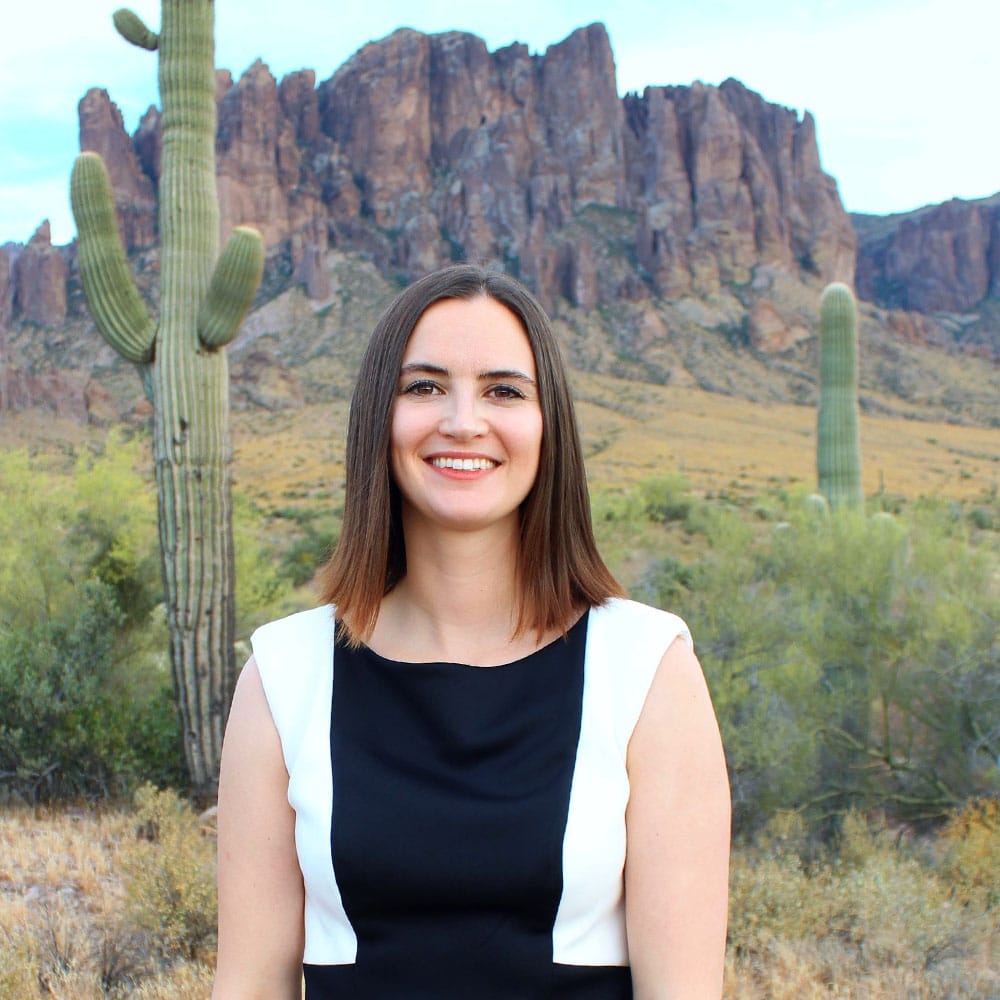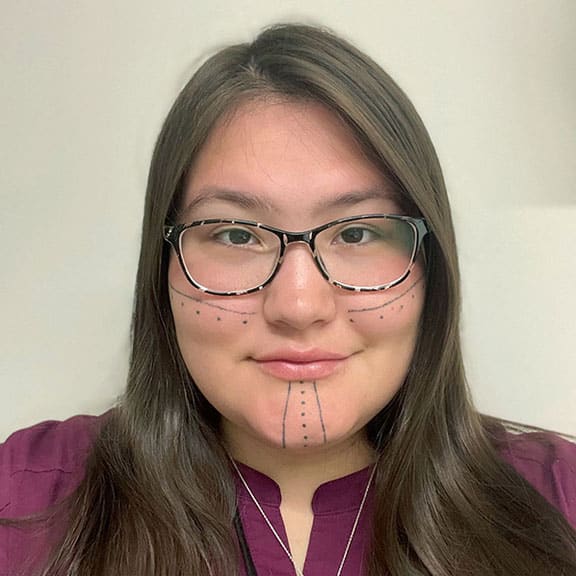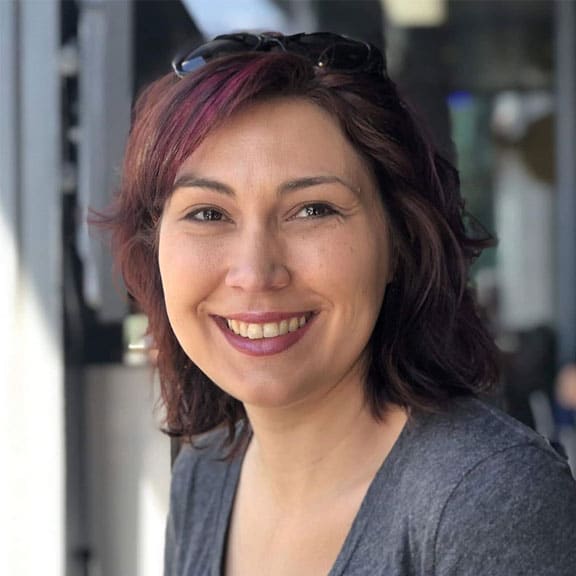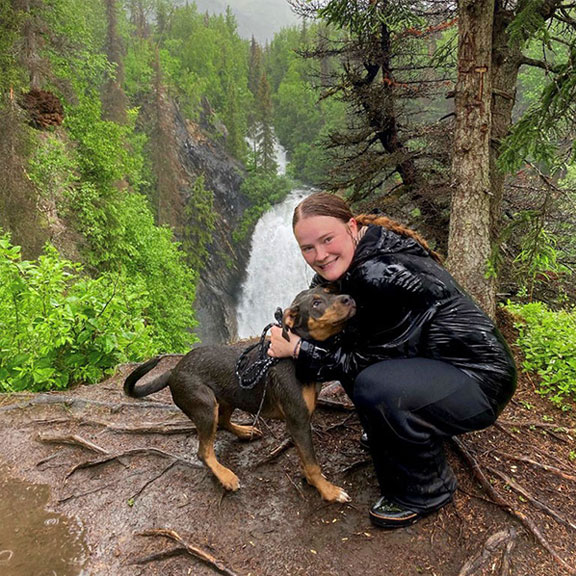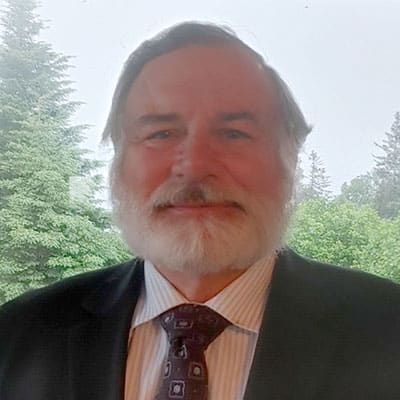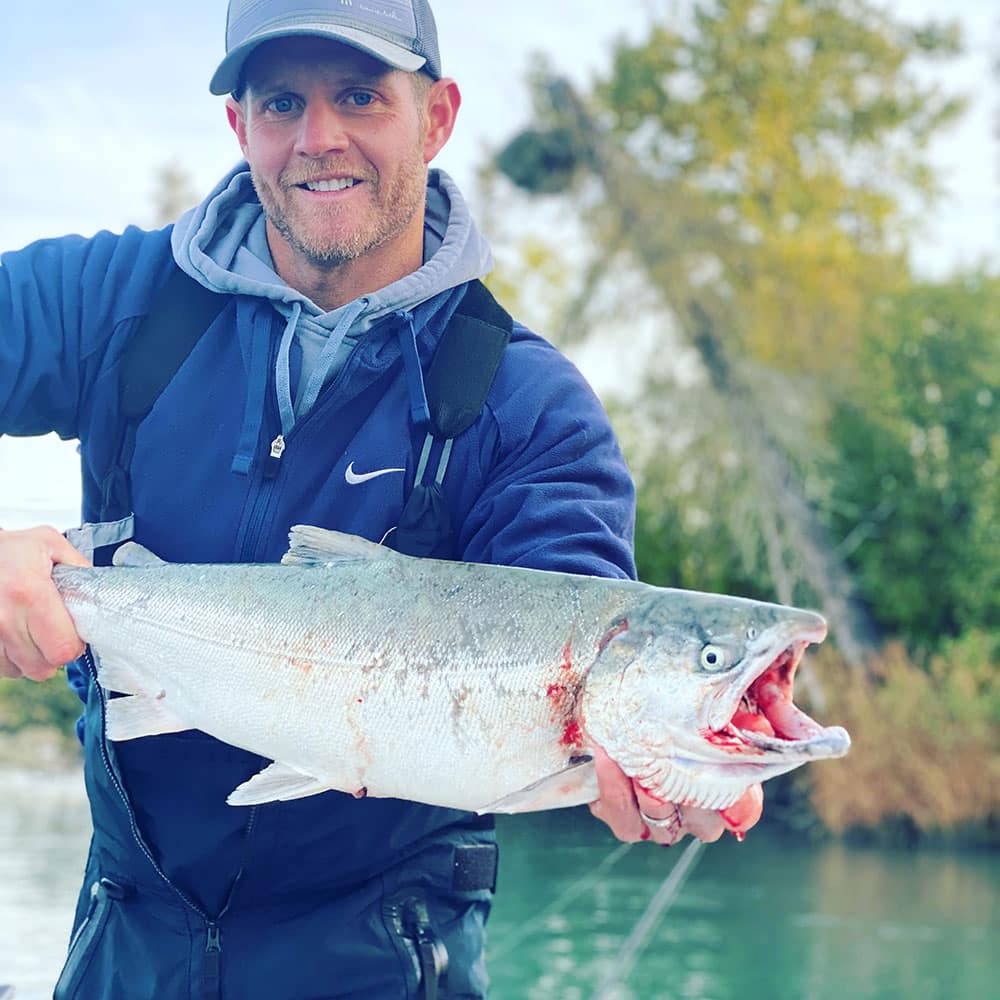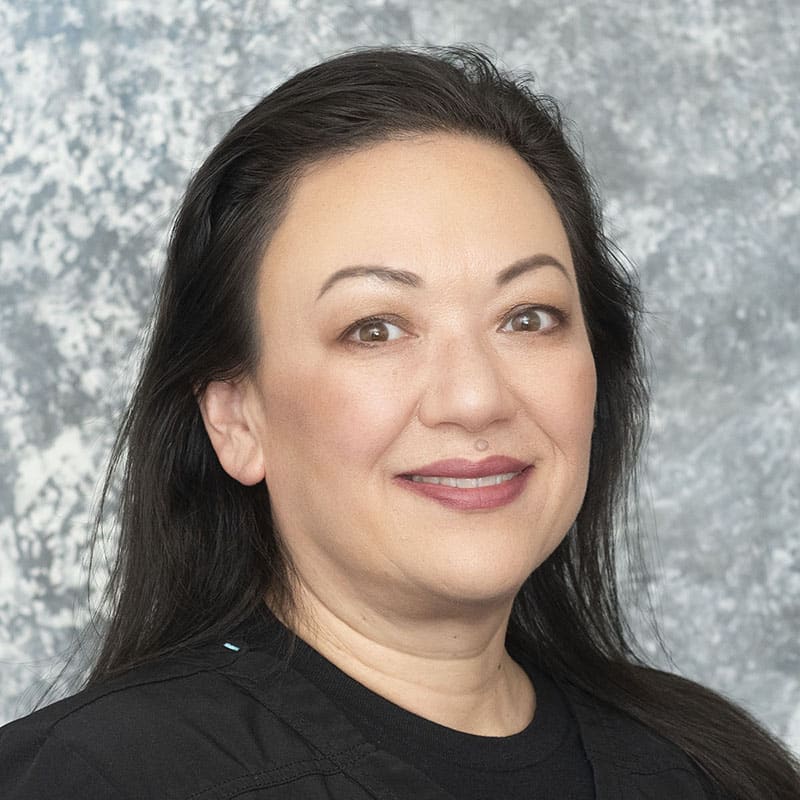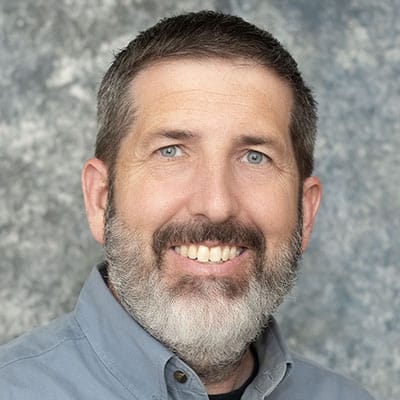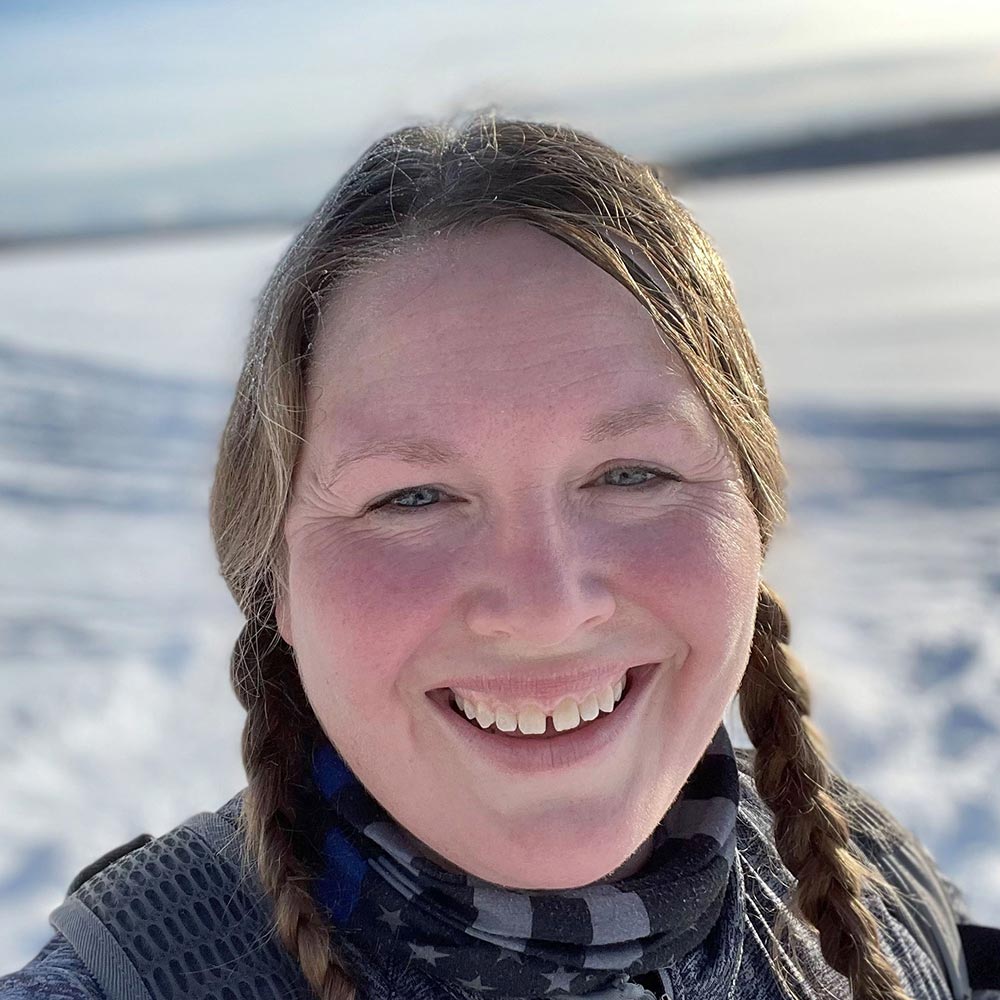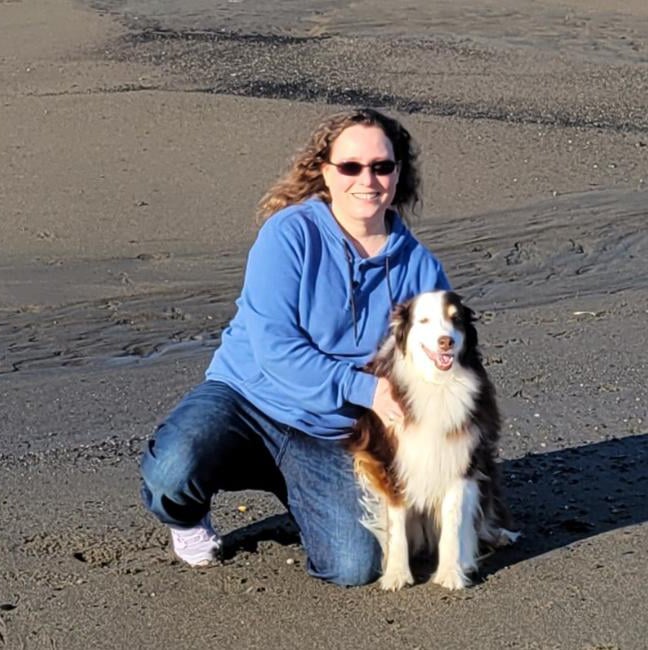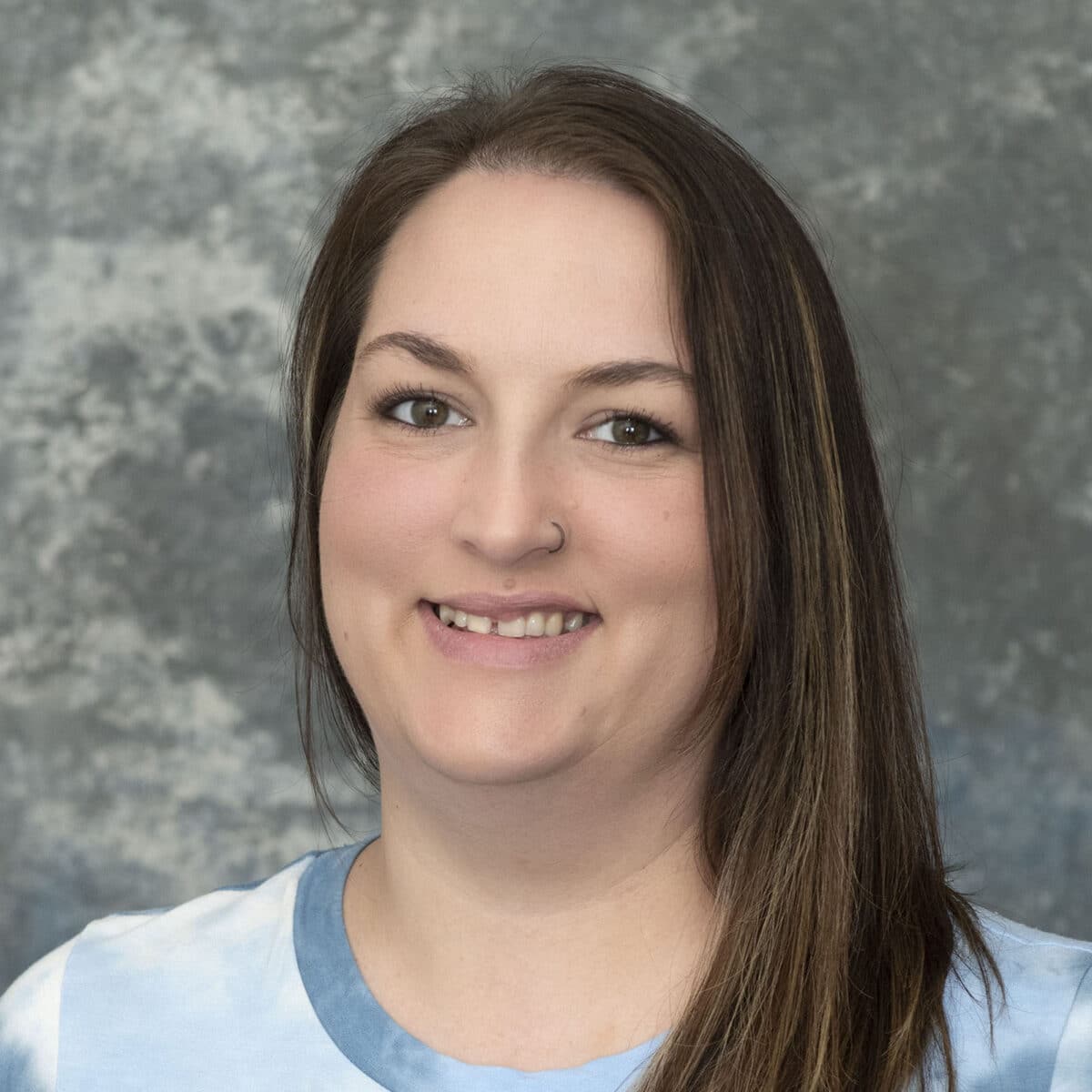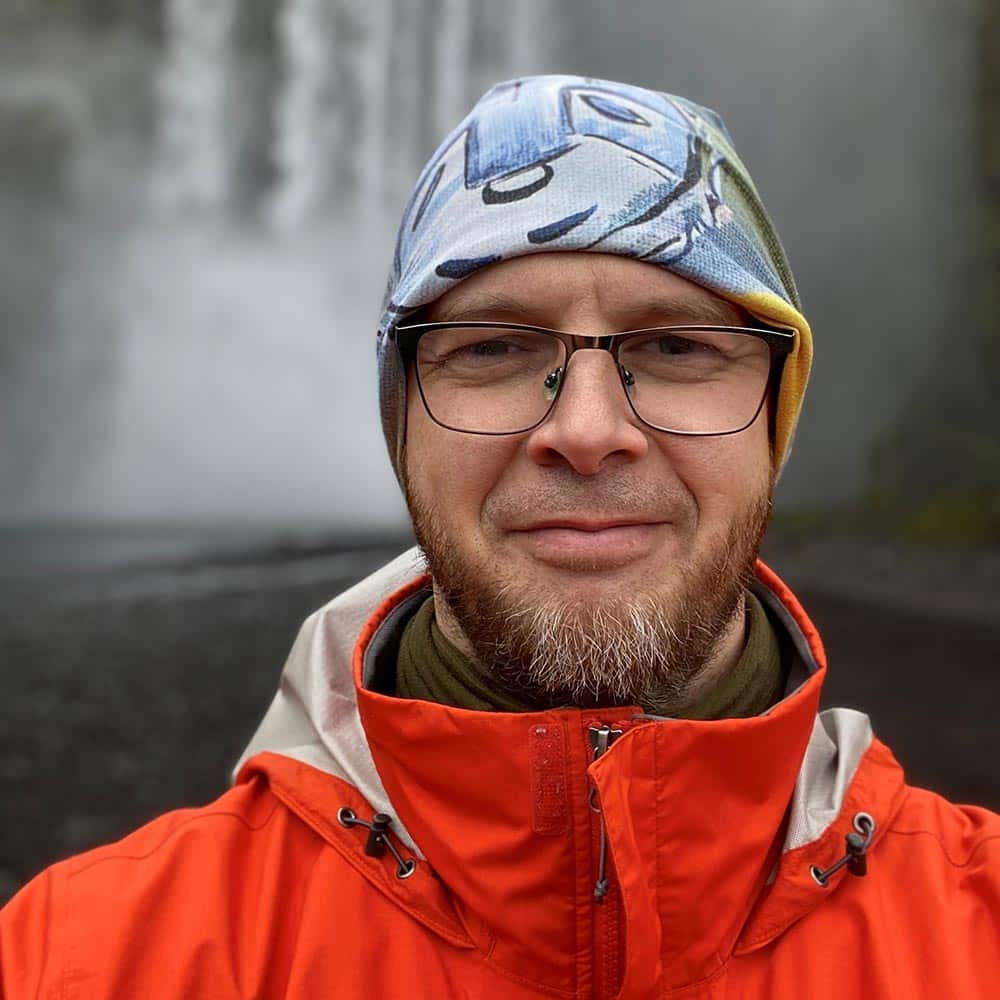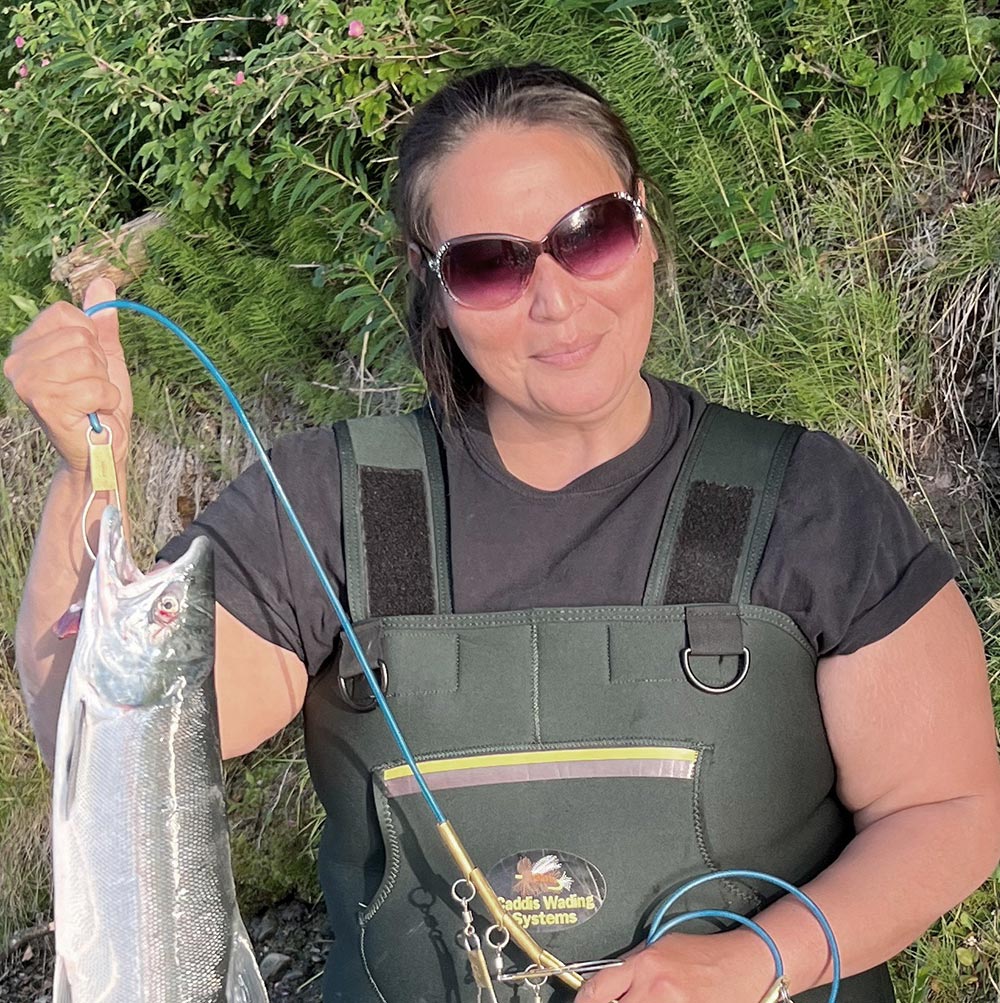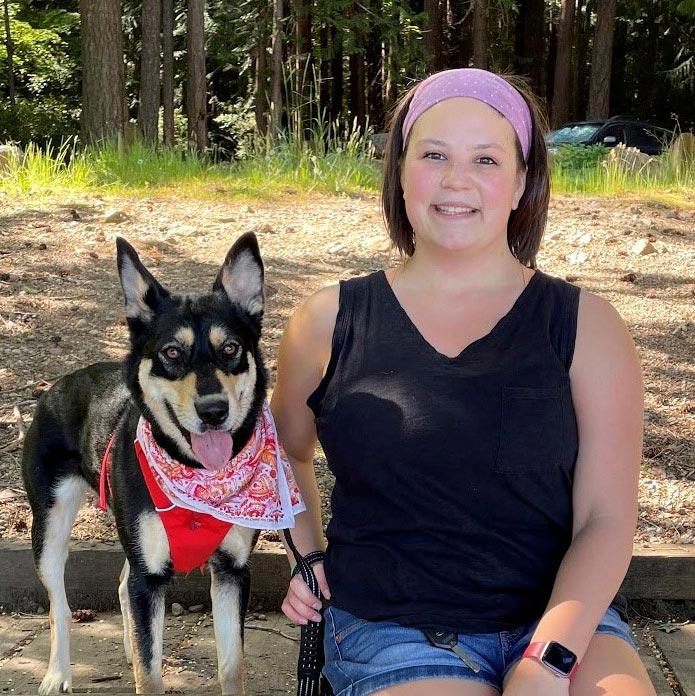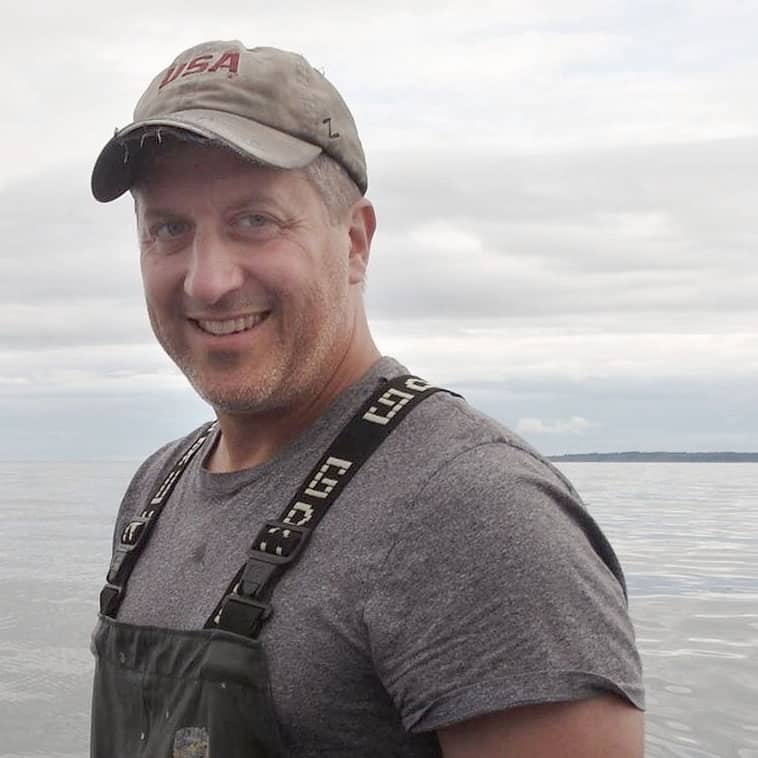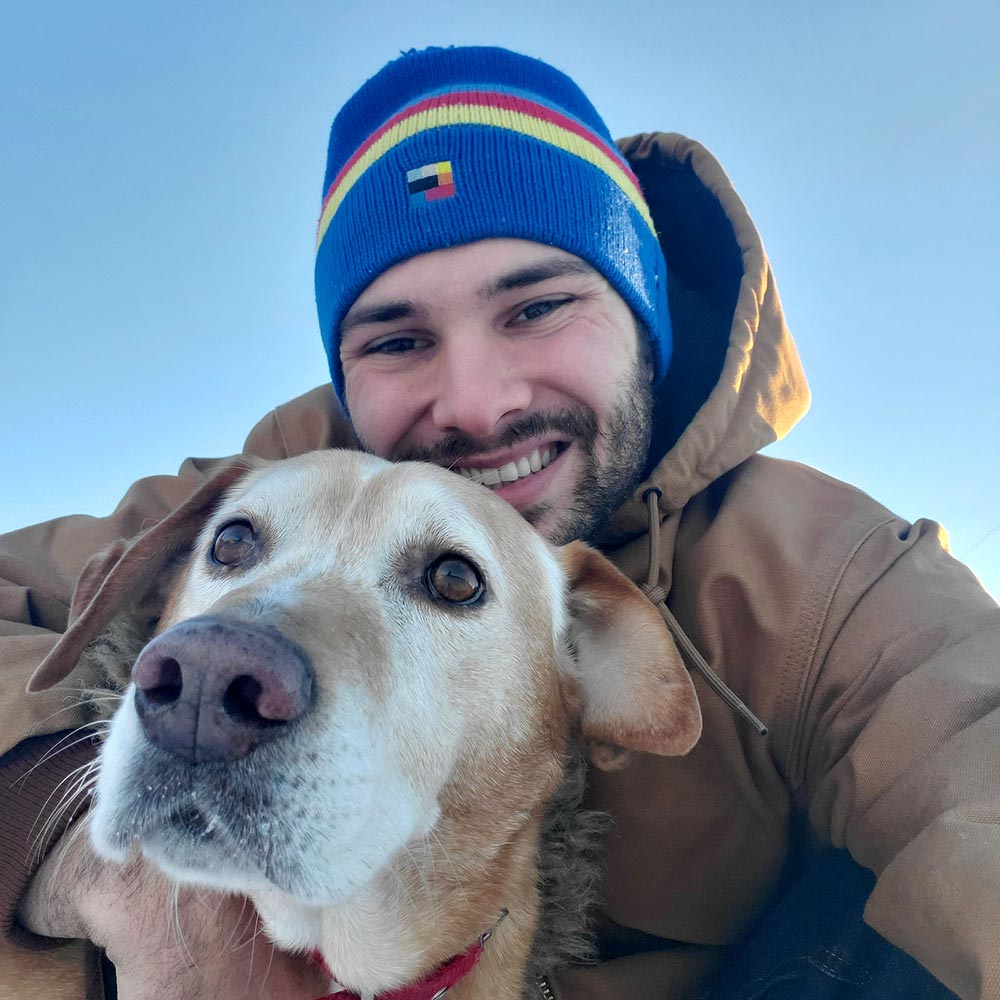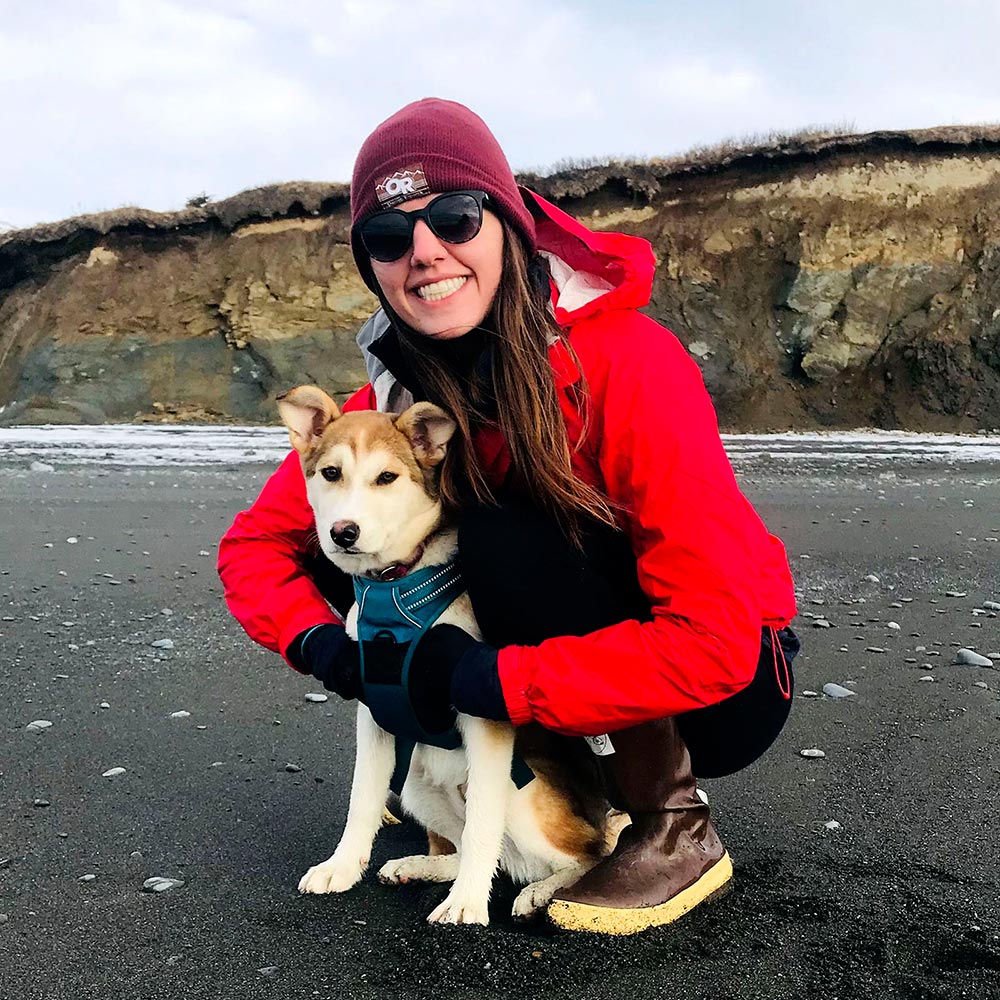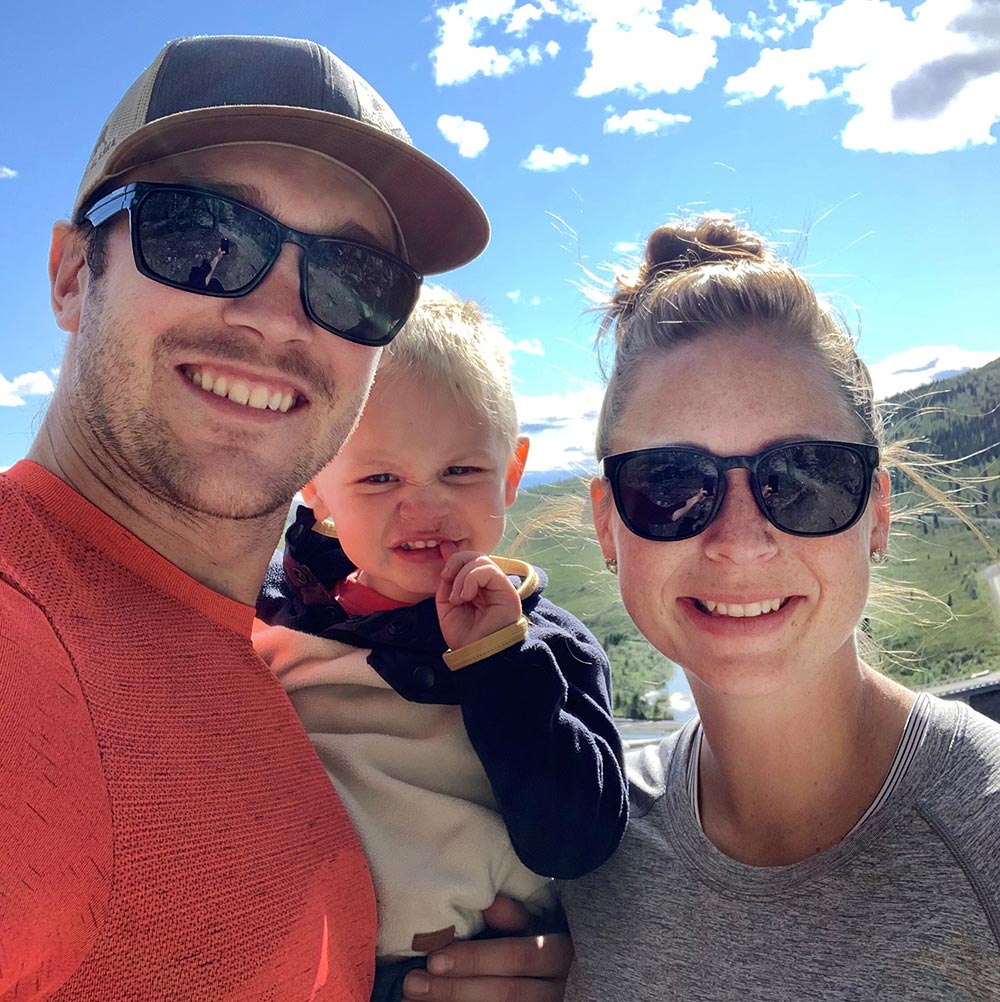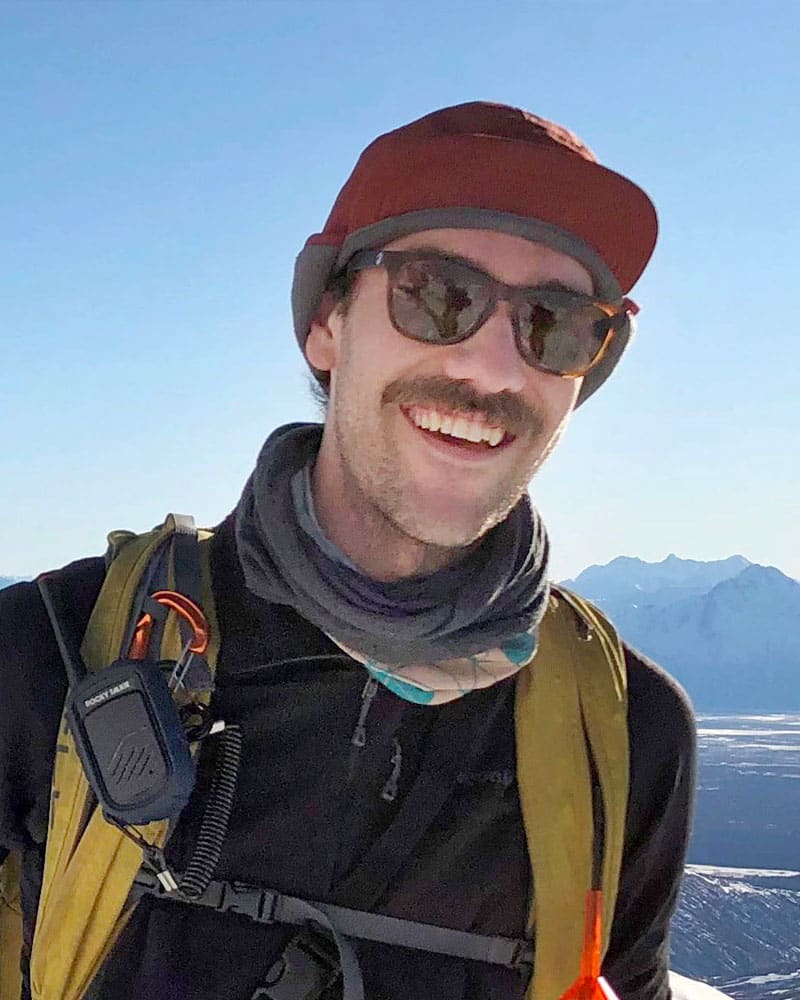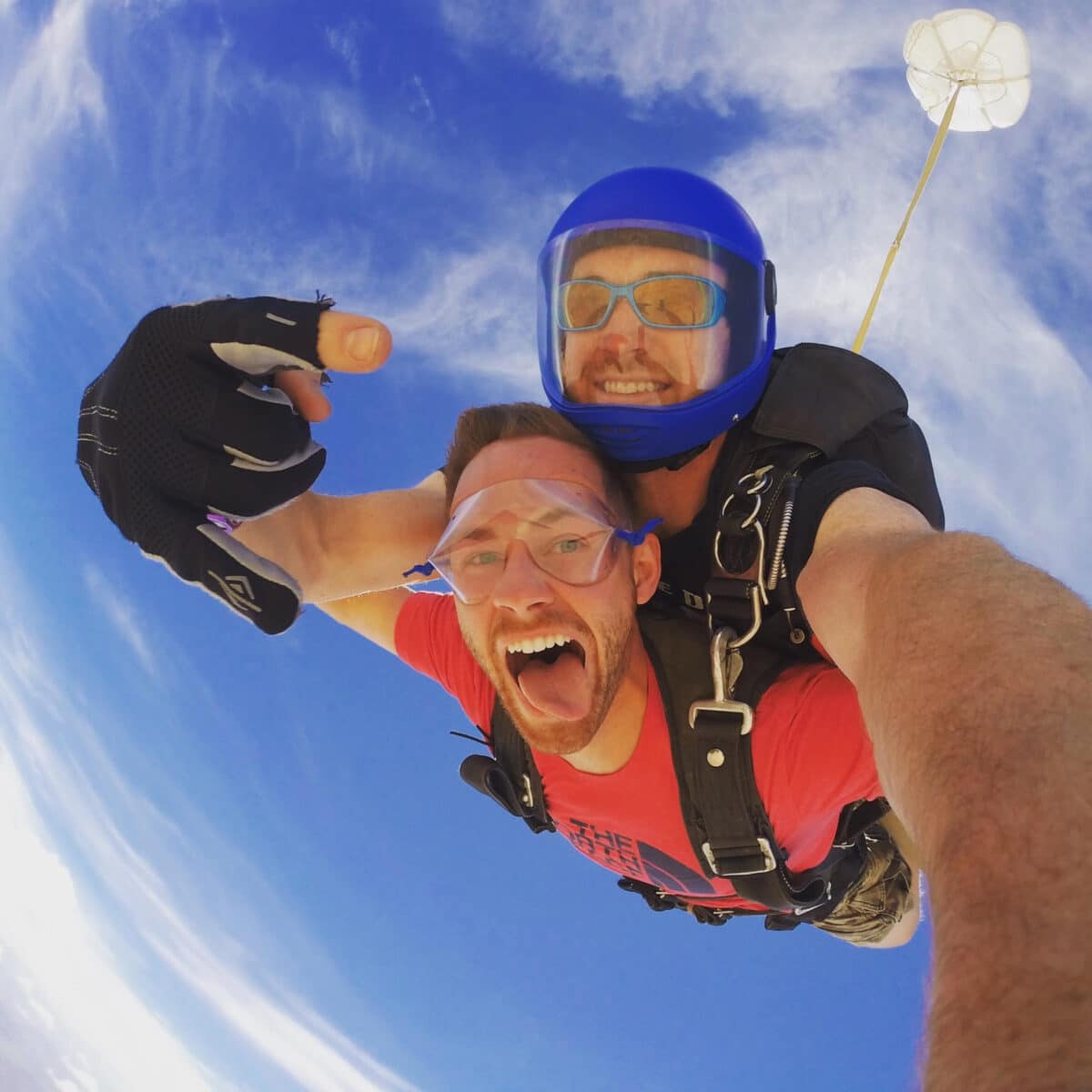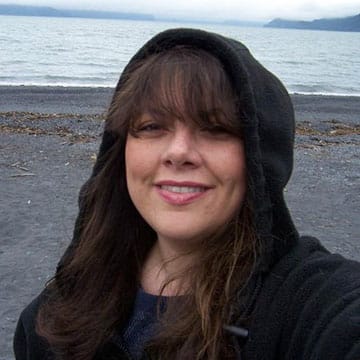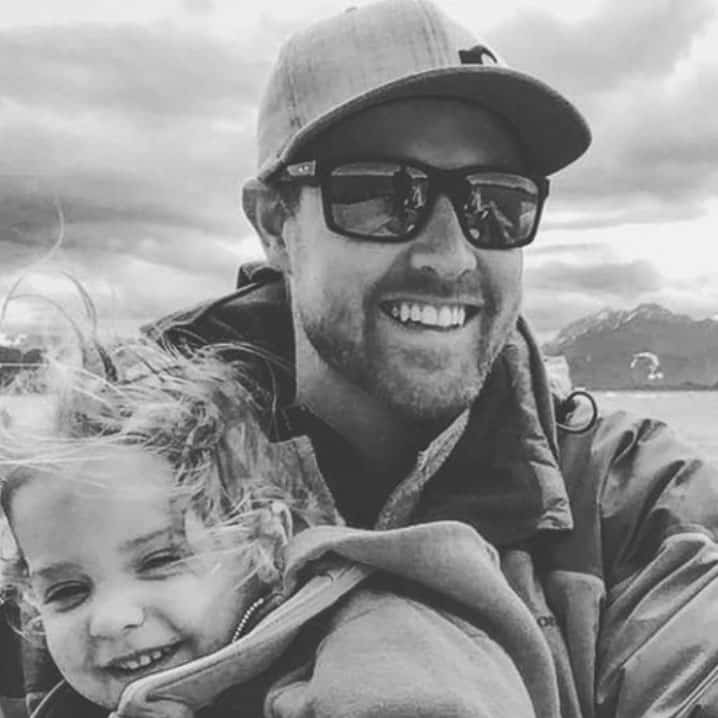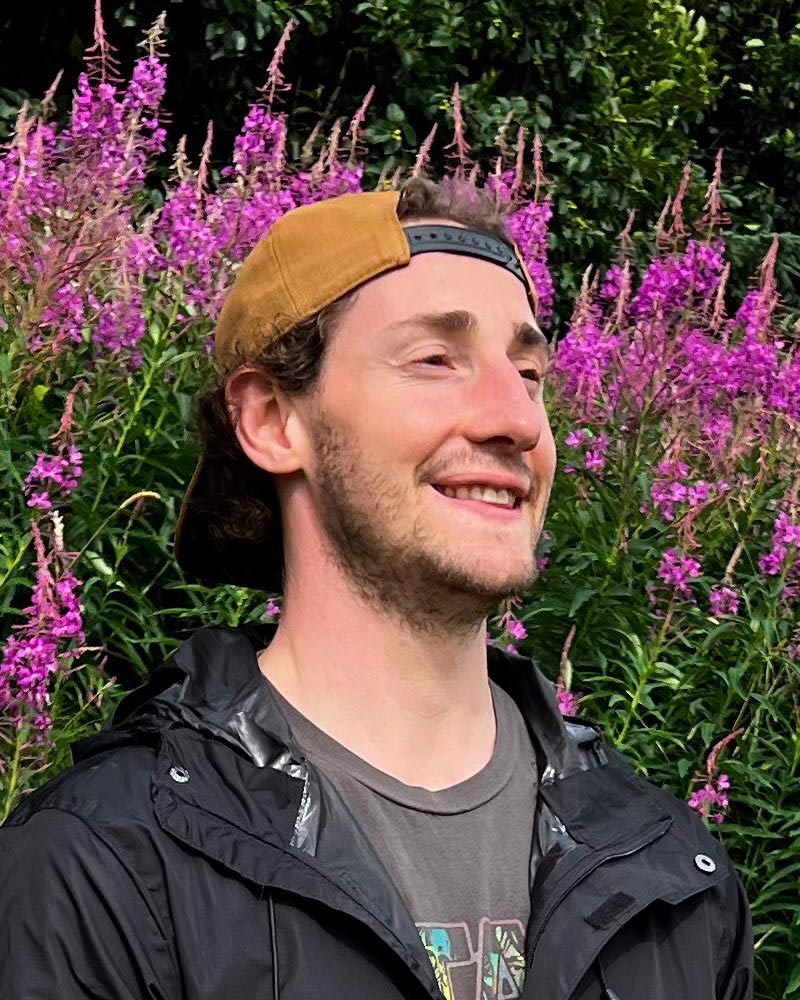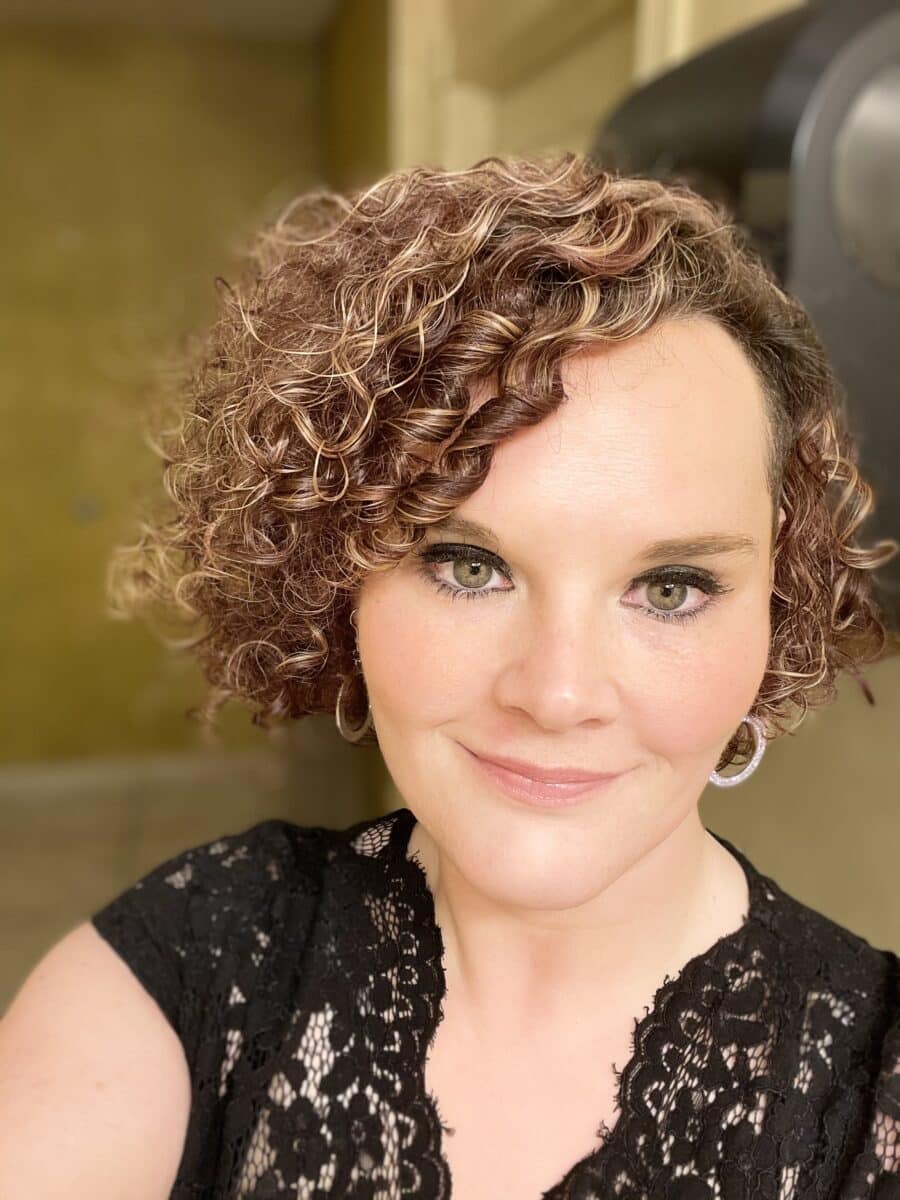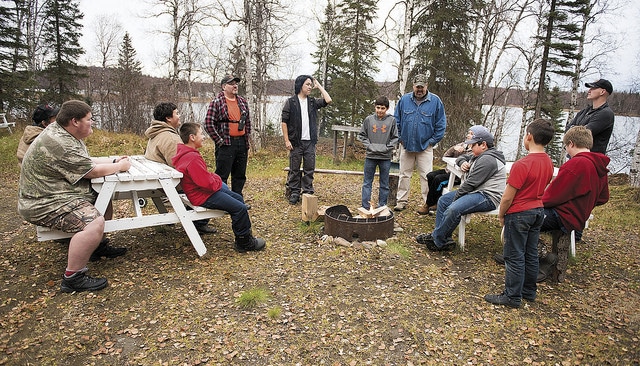
Participants in last fall’s Yaghanen Youth Programs Moose Camp gather at Spirit Lake to talk about the weekend’s plans.
There was no cellphone service, it was below freezing and the boys were covered in snow.
The hunt had yet to yield an animal. And each time the fire flared up, the fire flickered out.
No, the conditions were not perfect on this Saturday afternoon in November out the Swanson River Road, miles from town.
But that did not matter to the fathers and sons. They had not come for perfect conditions.
They had come, together, for the experience – the memories.
“He’s going to school, doing his thing, so it’s nice to spend time together. That’s the important thing,” said Greg Lemm, whose son, Braden, stood nearby. “And what better outfit to do it with, you know? That’s how I look at it. We’re all out here learning – learning about the culture – and enjoying it.”
Each fall, the Yaghanen Youth Program hosts Moose Camp – “Dnigi” – taking male students on an educational hunt emphasizing the traditional and cultural way of life established by early Dena’ina people. Campers learn to harvest moose and utilize all parts of the animal, receiving instruction on gun safety and responsible outdoor practices.
A unique aspect of camp is that parents are invited to participate, supporting the tribe’s core value of family: honoring and sustaining health and happiness of family as a first responsibility. Five fathers attended in 2015 along with campers ranging from about 10 to 18 years old.
Typically, the entire camp is held at Spirit Lake in Kenai. Campers sleep in cabins, share laughs and stories around the fire, enjoy food, and participate in educational games and activities – all in a safe, substance-free environment. The group then hunts in the Spirit Lake area.
The 2015 camp began at Spirit Lake, but the hunting portion was postponed after one night when campers woke up to heavy rain in the morning.
Instead of hunt, the group enjoyed an oatmeal breakfast and listened to two presentations – one on gun safety and another on the importance of moose to the Dena’ina people. Campers received hands-on demonstrations and had a chance to ask questions.
“I enjoyed learning and keeping our traditions going,” said camper Joshua Grosvold, 14. “I also loved hanging out with friends and meeting new people.”
But camp would not end there.
About a month later, campers reconvened on a Saturday morning at the Yaghanen office. A dumping of snow had made the road impassable to Spirit Lake, so the crew chose to hunt along Swanson River Road outside Sterling.
Temperatures dipped slightly below freezing that day, but it was clear. The first stretch of road was plowed, but soon the snow deepened, slowing the caravan of vehicles carrying staff, campers and parents.
Save for a couple sets of prints along the edge of the road, there was no sign of moose before lunch, which included hot dogs around the fire.
The hunting remained slow into the afternoon and didn’t lead to a moose.
But it didn’t discourage the group.
For the Lemms, the trip provided a chance to get outside and participate in a shared passion.
“We just love being out in the woods and doing this,” Lemm said of he and Braden. “It’s a plus if you get a moose, but if not, it’s still a great day.”
For one camper, Randall Borkowski, Moose Camp was his first experience with Yaghanen.
Borkowski, 18, hails from Mountain Village, Alaska, and moved to the central Kenai Peninsula in 2007. Growing up, he hunted everything from ptarmigan to rabbit to muskrat to duck to moose.
A recent high school graduate and the oldest camper in the bunch, Borkowski said he wanted be a good role model during camp and that he would participate again if he has the chance and time allows.
“It’s been really fun,” Borkowski said. “I got to meet some new people and I’m finding interesting ways to have fun.”
The group made a final attempt in December.
On a mild but overcast Saturday, the area of choice was again Swanson River Road.
The group drove past an array of lakes and trailheads, scanning clearings and peering between clusters of trees. Much of the snow had melted since their previous attempt, but signs of moose remained scant.
After another campfire and hot dogs for lunch, the hunt continued into the afternoon to no avail.
Back at a pullout near the beginning of the road, the group agreed it was time to go home.
“Even though we didn’t harvest a moose, I believe that we still met many of our goals by providing cultural education and fellowship for young men and their fathers,” said Michael Bernard, Yaghanen Manager.
Bernard has worked at the tribe for more than a decade and coordinated and led dozens of camps.
This year’s camp was special for Bernard because his son, Cooper, attended.
“I really enjoy being able to teach my children the knowledge and skills that I’ve been able to share with so many other children throughout the years,” Michael Bernard said.
Joshua Grosvold’s father, Sam, also attended camp and said he cherished the time with his son.
The Grosvolds became involved with Yaghanen in the mid-2000s when the program needed a drummer for the Peninsula Winter Games. Since then, the duo has enjoyed music, fishing and more through the program.
The elder Grosvold said he and his son won’t soon forget those experiences – especially Moose Camp.
“It’s priceless. How can you say it’s anything but good?” Sam Grosvold said. “It’s just memories. We’ll remember this forever.”

